Postgraduate Programmes have always been treated with a unified vision from the management of the School. It is not “a group of degree courses” but a logical combination of advanced training and refreshing courses for graduates together with professional training for professors and researchers in the field of Computer Sciences.
This is the reason why we tried to develop throughout all these years a pyramidal structure with four levels:
- The bottom part of Postgraduate´s offer consists of advanced training and refreshing courses which may give credits or not for the Doctorate or be useful for a specific degree course. These courses yearly grant a combined offer of fifty topics, studied intensively or during four months and which may include in-person or online classes.
- The following level consists of the Specializations which have been developed according to the needs and the evolution of computer technology, so today we have six certified Specializations, one of them with an in-person and online modality.
- The Master’s Degrees deal with “professional” issues (Software Engineering and Data Networks), scientific issues (High Performance Computing, Data Intelligence) and also with multidisciplinary issues oriented to Education (Application of Computer Technology in Education). In general, the Master´s Degrees are combined with a certain Specialization and all the Masters allow earning credits for the Doctorate in Computer Sciences (the full and complete Master´s Degree gives 25 credits out of a total of 45).
- The Doctorate in Computer Sciences is at the top of the pyramid and focuses mainly on giving birth to new knowledge, methodologies or techniques that contribute to the field of Computer Sciences. The structure of the degree course incorporates, apart from the courses per credits and a thesis with prior publications, a six-month minimum stage of research in a Lab/Centre/Institute recognized by the UNLP or any other University
This general strategy, which integrates the academic offer of Computer Sciences Postgraduate Programmes, enables a better planning and optimization in the assignment of human resources and infrastructure.




 Español
Español